Home>Garden Essentials>What Do You Use Fennel Seed For
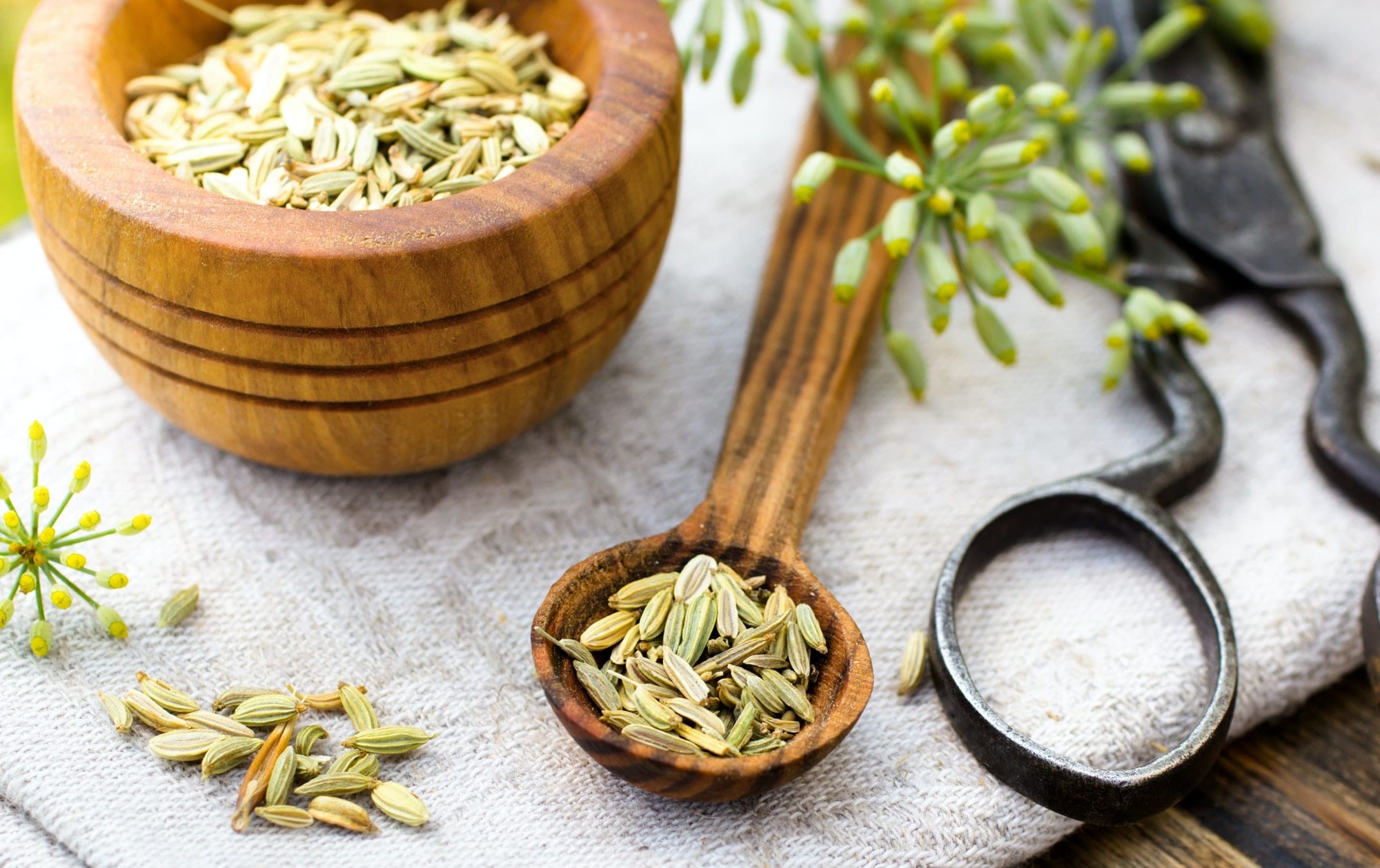

Garden Essentials
What Do You Use Fennel Seed For
Modified: March 23, 2024
Discover the versatile uses of fennel seeds in your garden. Learn how to incorporate this herb into your landscape for added beauty and flavor.
(Many of the links in this article redirect to a specific reviewed product. Your purchase of these products through affiliate links helps to generate commission for Storables.com, at no extra cost. Learn more)
Introduction
Fennel seed is a versatile and widely used ingredient that adds a distinct flavor and aroma to various dishes. With a rich history dating back centuries, this small seed not only offers culinary benefits but also possesses numerous medicinal properties. Whether you’re a seasoned chef or a herbal enthusiast, understanding the uses and benefits of fennel seed can enhance your culinary repertoire and promote overall well-being.
In this article, we will delve into the world of fennel seed, exploring its culinary and medicinal uses, as well as its role in traditional medicine systems like Ayurveda and Chinese medicine. Additionally, we will uncover other intriguing uses of fennel seed that go beyond the kitchen. So, let’s embark on this journey and discover the wonders of fennel seed.
Key Takeaways:
- Fennel seed is a versatile spice with digestive and respiratory benefits, used in cooking, teas, and herbal remedies. It also plays a role in traditional medicine systems like Ayurveda and Chinese medicine.
- Beyond the kitchen, fennel seed has surprising uses, from aromatherapy to repelling insects and supporting colic relief. Its versatility extends to skincare, gardening, and even flavoring liquors and liqueurs.
Read more: What To Do With Fennel Seeds
Overview of Fennel Seed
Fennel seed, scientifically known as Foeniculum vulgare, is a small oval-shaped seed derived from the fennel plant. Native to the Mediterranean region, this herbaceous plant has long been cultivated for both its culinary and medicinal purposes. Fennel seed has a distinct sweet and slightly licorice-like flavor, making it a popular spice in various cuisines around the world.
Fennel seeds are typically light green or brown in color and have a crunchy texture. They contain essential oils that contribute to their unique flavor and aroma. These essential oils also provide fennel seed with its notable health benefits.
Besides its culinary uses, fennel seed is renowned for its digestive properties. It has been used for centuries to alleviate various digestive issues, including bloating, indigestion, and flatulence. The seeds are rich in fiber, antioxidants, and several essential minerals, such as calcium, iron, magnesium, and potassium.
When it comes to purchasing fennel seeds, you can find them in most grocery stores, specialty spice shops, or online. Look for seeds that are fresh, fragrant, and free from moisture or mold. Whole fennel seeds are generally preferred over ground ones as they retain their flavor and aroma for a longer period.
Now that we have established a foundation, let’s explore the fascinating culinary uses of fennel seed that can elevate your cooking and add depth of flavor to your dishes.
Culinary Uses of Fennel Seed
Fennel seed is a versatile spice that can elevate the taste and aroma of a wide range of dishes. Its distinct sweet and slightly licorice-like flavor pairs well with both savory and sweet ingredients. Let’s explore some of the culinary uses of fennel seed:
- Seasoning in Savory Dishes: Fennel seed is commonly used as a seasoning in various savory dishes. It adds a subtle sweetness and depth of flavor to soups, stews, curries, and roasted vegetables. Consider adding a pinch of crushed fennel seeds to your favorite pasta sauce or sprinkle them over grilled meats for an extra layer of taste.
- Bread and Baked Goods: Fennel seeds can bring a delightful twist to bread and baked goods. They are commonly used in bread-making to impart a fragrant aroma and a mild licorice-like taste. Consider incorporating fennel seeds into your homemade bread, biscuits, or even cookies for a unique flavor profile.
- Marinades and Rubs: The aromatic and flavorful nature of fennel seeds makes them an excellent addition to marinades and rubs. Crushed fennel seeds can be combined with other spices, herbs, and oil to create a flavorful marinade for meats, poultry, or seafood. You can also use fennel seed as a dry rub to add a burst of flavor to grilled or roasted dishes.
- Pickling: Fennel seeds are commonly used in pickling brines to enhance the flavors and preserve fruits and vegetables. They add a tangy and slightly sweet taste to pickled cucumbers, onions, beets, and more. Experiment with pickling recipes and include fennel seeds for a unique twist.
- Teas and Infusions: Fennel seeds are often infused into hot water to create a soothing and fragrant herbal tea. The tea is known for its digestive properties and is commonly consumed after a meal to aid in digestion. You can also combine fennel seeds with other herbs like chamomile or peppermint for a soothing and aromatic infusion.
These are just a few examples of how fennel seed can be utilized in the culinary world. It’s a versatile spice that can add complexity and depth to a range of dishes, allowing you to explore new flavors and create memorable culinary experiences.
Medicinal Uses of Fennel Seed
Beyond its culinary applications, fennel seed has long been recognized for its medicinal properties. The seeds are known to contain several compounds that contribute to its health benefits. Here are some of the medicinal uses of fennel seed:
- Digestive Aid: Fennel seed has traditionally been used as a digestive aid due to its carminative properties. It can help relieve digestive issues such as bloating, indigestion, and flatulence. Chewing on a few fennel seeds after a meal or brewing them into a tea can help soothe the digestive system.
- Anti-inflammatory Effects: Fennel seed contains antioxidants and anti-inflammatory compounds that can help reduce inflammation in the body. This makes it beneficial for conditions like arthritis and other inflammatory disorders.
- Respiratory Health: Fennel seed has expectorant properties, making it useful for respiratory health. It can help alleviate coughs, congestion, and other respiratory conditions. Drinking fennel seed tea or inhaling its steam can provide relief from respiratory symptoms.
- Menstrual Relief: Fennel seed has been used in traditional medicine to alleviate menstrual symptoms, including cramps and discomfort. The seeds are believed to have estrogen-like properties that can help regulate menstrual cycles and reduce pain.
- Antimicrobial Properties: Fennel seed contains antimicrobial compounds that can help fight against certain bacteria and fungi. It may be beneficial in combating oral infections, supporting oral health, and reducing bad breath.
- Weight Management: Fennel seed has been associated with weight management due to its fiber content and potential appetite-suppressing effects. It can help promote feelings of fullness and satiety, making it a valuable addition to a healthy diet.
It’s important to note that while fennel seed has been used medicinally for centuries, it should not replace professional medical advice or treatment. If you have any specific health concerns, it’s advisable to consult with a healthcare practitioner before using fennel seed or any other herbal remedy.
Now that we’ve explored the medicinal uses of fennel seed, let’s delve into its role in traditional medicine systems like Ayurveda and Chinese medicine.
Fennel Seed in Traditional Medicine
Fennel seed has played a significant role in traditional medicine systems like Ayurveda and Chinese medicine for centuries. These ancient systems of healing recognize the medicinal properties of fennel seed and incorporate it into various remedies. Let’s explore its use in both Ayurveda and Chinese medicine:
- Ayurveda: In Ayurveda, fennel seed is considered an important herb for balancing the doshas, particularly Pitta and Kapha. It is believed to have a cooling effect on the body and can help alleviate digestive disturbances, promote healthy lactation in nursing mothers, and support overall well-being. Fennel seed is often used in Ayurvedic formulations to enhance digestion, support respiratory health, and promote hormonal balance.
- Chinese Medicine: In Chinese medicine, fennel seed is referred to as “Xiao Hui Xiang” and is valued for its ability to regulate Qi (life force energy), harmonize digestion, and alleviate stagnant energy within the body. Fennel seed is often used in Chinese herbal formulas to treat digestive disorders, promote lactation, address menstrual irregularities, and provide relief from cold symptoms.
Both Ayurveda and Chinese medicine recognize the warming and nourishing properties of fennel seed, making it a valuable herb in promoting overall health and balance within the body.
In addition to its use in traditional medicine systems, fennel seed is widely used in herbal remedies around the world. Let’s explore these applications further.
Fennel seeds can be used to add a subtle licorice flavor to dishes. They are commonly used in Indian and Middle Eastern cuisines, and can be used to flavor breads, sausages, and pickles.
Read more: How To Use Fennel Seeds
Fennel Seed in Ayurveda
Ayurveda, the ancient Indian system of medicine, considers fennel seed to be a valuable herb with numerous health benefits. It is known by the Sanskrit name “Madhurika” due to its sweet taste and has been used for centuries to promote well-being and balance within the body.
In Ayurveda, fennel seed is primarily used to balance the doshas, particularly Pitta and Kapha. It is believed to have a cooling effect on the body and supports the digestive, respiratory, and reproductive systems. Here are some key ways fennel seed is used in Ayurveda:
- Digestive Health: Fennel seed is highly regarded for its ability to promote healthy digestion. It is considered a natural carminative, which means it helps alleviate gas, bloating, and indigestion. Fennel seed is often chewed after meals or brewed into a tea to support the digestive process.
- Lactation Support: Fennel seed is commonly used to promote healthy lactation in nursing mothers. It is believed to increase milk production and improve the quality of breast milk. Fennel seed tea is often recommended for breastfeeding mothers to aid in milk supply.
- Hormonal Balance: In Ayurvedic medicine, fennel seed is considered beneficial for women’s health. It is believed to help regulate menstrual cycles, reduce menstrual cramps, and alleviate symptoms of menopause. Fennel seed is often used in Ayurvedic formulations targeting women’s reproductive health.
- Detoxification: Fennel seed is believed to have detoxifying properties in Ayurveda. It is thought to help eliminate toxins from the body, supporting liver function and overall detoxification processes. Fennel seed may be used in Ayurvedic detoxification protocols or formulations.
- Mental Clarity and Calmness: Ayurveda recognizes fennel seed for its calming and grounding effects on the mind. It is believed to promote mental clarity, focus, and tranquility. Fennel seed tea or formulations that include fennel seed may be used to support calmness and balance in the mind.
These are just a few examples of how fennel seed is utilized in Ayurveda. It is considered a versatile herb that supports multiple aspects of health and well-being. If you’re interested in incorporating fennel seed into your Ayurvedic routine, consult with an Ayurvedic practitioner to determine the appropriate dosage and form for your specific needs.
Now, let’s explore the role of fennel seed in another traditional medicine system: Chinese medicine.
Fennel Seed in Chinese Medicine
In Chinese medicine, fennel seed, known as “Xiao Hui Xiang,” has been used for centuries for its healing properties and is considered a valuable herb for promoting health and balance within the body.
According to Chinese medicine principles, fennel seed has a warming nature and belongs to the category of herbs that regulate Qi (life force energy). It is attributed with various therapeutic actions and is widely used in Chinese herbal medicine. Here are some ways fennel seed is utilized in Chinese medicine:
- Regulating Digestion: Fennel seed is known for its ability to harmonize the digestive system. It is believed to regulate the flow of Qi, helping to alleviate symptoms of indigestion, abdominal pain, and bloating. Fennel seed is often included in herbal formulas that address digestive imbalances.
- Promoting Breast Health and Lactation: In Chinese medicine, fennel seed is used to promote breast health and support lactation. It is believed to invigorate Qi and promote the healthy flow of breast milk. Fennel seed formulations may be recommended for nursing mothers experiencing insufficient milk supply or other breastfeeding difficulties.
- Relieving Menstrual Issues: Fennel seed is commonly used to address menstrual irregularities and alleviate menstrual cramps. It is believed to regulate Qi flow in the reproductive organs and promote a smooth menstrual cycle. Fennel seed may be included in Chinese herbal formulas targeting menstrual health.
- Supporting Respiratory Health: Fennel seed is recognized in Chinese medicine for its benefits to the respiratory system. It is believed to help dissolve and expel mucus, alleviate coughs, and address conditions such as asthma and bronchitis. Fennel seed formulations may be used to support respiratory health and address respiratory symptoms.
- Calming the Mind and Nervous System: Chinese medicine attributes calming properties to fennel seed. It is believed to nourish the heart and calm the mind, promoting relaxation and reducing stress and anxiety. Fennel seed may be included in herbal formulas to support emotional well-being.
These are examples of how fennel seed is utilized in Chinese medicine to promote balance and support various aspects of health. If you’re considering incorporating fennel seed into your Chinese medicine routine, it is recommended to consult with a qualified Chinese medicine practitioner who can provide personalized guidance and recommend appropriate formulations.
Now that we’ve explored the use of fennel seed in traditional medicine systems, let’s delve into other intriguing uses of fennel seed that go beyond its culinary and medicinal applications.
Fennel Seed in Herbal Remedies
Aside from its culinary and medicinal uses, fennel seed is also widely utilized in various herbal remedies. Its unique properties make it a versatile ingredient in the world of herbal medicine. Let’s explore some of the ways fennel seed is incorporated into herbal remedies:
- Digestive Remedies: Fennel seed is commonly used in herbal remedies to support digestive health. It can help alleviate bloating, gas, and indigestion. Herbal preparations such as teas, tinctures, or capsules may contain fennel seed along with other herbs renowned for their digestive properties.
- Infusions for Relaxation: Fennel seed is often included in herbal infusions or teas designed for relaxation and stress relief. Its calming properties can help soothe the nervous system, promoting a sense of tranquility and well-being. Combining fennel seed with other calming herbs like chamomile or lavender can enhance its relaxing effects.
- Respiratory Support: Fennel seed is sometimes used in herbal remedies to support respiratory health. Its expectorant properties help to loosen mucus and alleviate coughs. Fennel seed may be included in herbal formulations aimed at relieving respiratory congestion and promoting clearer breathing.
- Herbal Skincare: Fennel seed is known for its antioxidant properties, which can be beneficial for the skin. It may be used in herbal skincare products such as creams, lotions, or face masks to promote a healthy complexion and reduce signs of aging.
- Menstrual Relief: Fennel seed is often included in herbal remedies targeting menstrual discomfort. It is believed to have a regulating effect on menstruation and can help reduce cramps, bloating, and other symptoms associated with the menstrual cycle.
- Herbal Mouthwashes and gargles: Due to its antimicrobial properties and freshening scent, fennel seed is a popular ingredient in herbal mouthwashes and gargles. It can help address issues like bad breath, gum inflammation, and oral infections.
These are just a few examples of how fennel seed is used in herbal remedies. Its versatility and wide range of benefits make it a valuable addition to many natural remedies. However, it’s important to note that herbal remedies should be used responsibly and under the guidance of a qualified herbalist or healthcare practitioner.
As we come to the end of our exploration of fennel seed, we can appreciate its culinary allure, medicinal properties, and its role in traditional medicine systems and herbal remedies. Whether you’re adding a pinch of fennel seed to your favorite recipe or incorporating it into your wellness routine, this humble seed offers a plethora of uses and benefits that can enhance your well-being.
So why not embrace the wonders of fennel seed and explore the many ways it can enrich your life? From tantalizing your taste buds to nourishing your body, fennel seed is truly a treasure in the world of herbs and spices.
Other Uses of Fennel Seed
In addition to its culinary and medicinal applications, fennel seed has a range of other uses that may surprise you. Let’s explore some of the lesser-known uses of fennel seed:
- Aromatherapy: Fennel seed essential oil, derived from the seeds, is widely used in aromatherapy. Its sweet and warm aroma is believed to have calming and uplifting effects on the mind and body. The oil can be diffused, added to bathwater, or used in massage to promote relaxation and create a soothing ambiance.
- Repelling Insects: Fennel seed possesses natural insect-repellent properties. Placing crushed fennel seeds in sachets or adding fennel seed essential oil to natural insect repellents can help deter pests like mosquitos and flies.
- Natural Remedies for Colic: Fennel seed has been used as a natural remedy for colic in infants. A weak fennel seed tea is sometimes recommended to alleviate digestive discomfort and calm a fussy baby.
- Flavoring Liquors and Liqueurs: Fennel seed is a popular ingredient in the flavoring of various liquors and liqueurs. It adds a distinctive herbal and slightly sweet taste to beverages like absinthe, ouzo, and sambuca.
- Herbal Steam Inhalations: Adding fennel seeds to a bowl of hot water and inhaling the steam can provide relief from nasal congestion, sinusitis, and respiratory discomfort. The aromatic steam helps to open up the airways and soothe respiratory symptoms.
- Composting and Gardening: Fennel seed can be used in composting to aid in decomposition and enrich the soil with its nutrient content. Additionally, fennel plants attract beneficial insects like bees and butterflies, making them a welcome addition to home gardens and pollinator-friendly landscapes.
These are just a few of the fascinating ways fennel seed can be utilized beyond the kitchen and medicine cabinet. Its versatility and varied uses demonstrate the broad appeal of this humble seed.
As we conclude our exploration of fennel seed, we hope you now have a deeper appreciation for its incredible culinary, medicinal, and other applications. So next time you come across fennel seed, consider the multitude of ways you can incorporate it into your life and experience its wonderful benefits.
Remember to explore and experiment, embracing the versatility of fennel seed and uncovering its hidden gems. From tantalizing your taste buds to soothing your body and mind, fennel seed is truly a treasure to be enjoyed and cherished.
Read more: What To Use In Place Of Fennel Seeds
Conclusion
Fennel seed is a remarkable ingredient that offers a myriad of culinary, medicinal, and other applications. From its distinct flavor and aroma in savory dishes to its digestive benefits and potential role in traditional medicine, this small seed has been cherished for centuries.
In the culinary world, fennel seed adds a delightful twist to various dishes, lending its sweet and slightly licorice-like taste to create a memorable flavor profile. Whether used as a seasoning, infused into teas, or incorporated into bread and baked goods, fennel seed brings depth and complexity to the culinary experience.
Medicinally, fennel seed has been highly regarded for its digestive properties, offering relief from common digestive issues such as bloating and indigestion. It also shows promise in supporting respiratory health, regulating hormonal balance, and promoting overall well-being.
Traditional medicine systems like Ayurveda and Chinese medicine recognize the valuable properties of fennel seed and utilize it in various remedies. In Ayurveda, it helps balance doshas and supports digestion, lactation, and women’s health. In Chinese medicine, it regulates Qi, promotes healthy digestion, and addresses respiratory and menstrual issues.
Moreover, fennel seed finds its place in herbal remedies with uses ranging from promoting relaxation and skincare to repelling insects and supporting colic relief in infants. Its applications extend to aromatherapy, gardening, and even flavoring liquors and liqueurs.
As we conclude our exploration of fennel seed, we encourage you to embrace its versatility and discover the countless ways it can enhance your life. Whether you’re a culinary enthusiast, a wellness seeker, or an herbal enthusiast, fennel seed has something to offer.
So, the next time you come across fennel seed, allow yourself to get creative in the kitchen, explore herbal remedies, or simply enjoy its aromatic qualities. Let the wonders of fennel seed captivate your senses and enrich your journey towards a healthier and more flavorful life.
Frequently Asked Questions about What Do You Use Fennel Seed For
Was this page helpful?
At Storables.com, we guarantee accurate and reliable information. Our content, validated by Expert Board Contributors, is crafted following stringent Editorial Policies. We're committed to providing you with well-researched, expert-backed insights for all your informational needs.
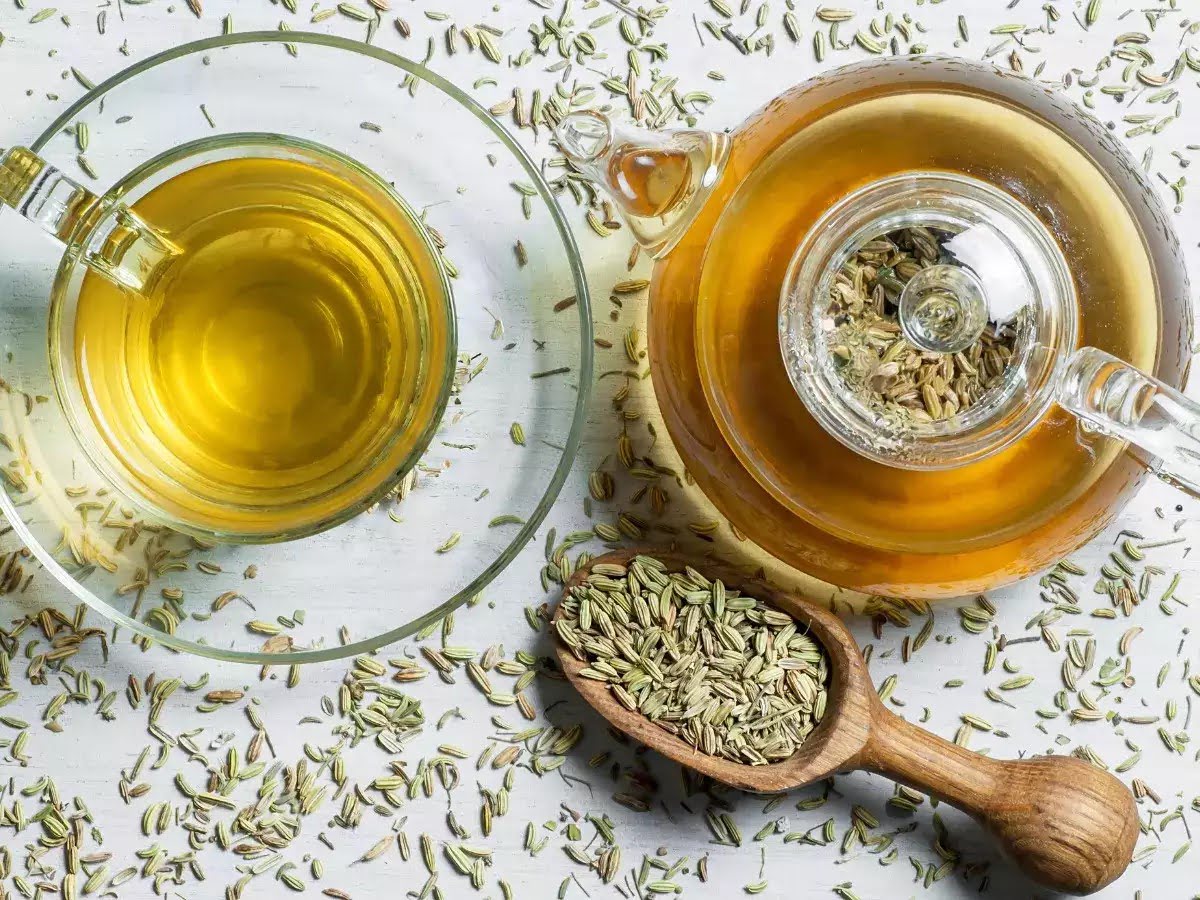
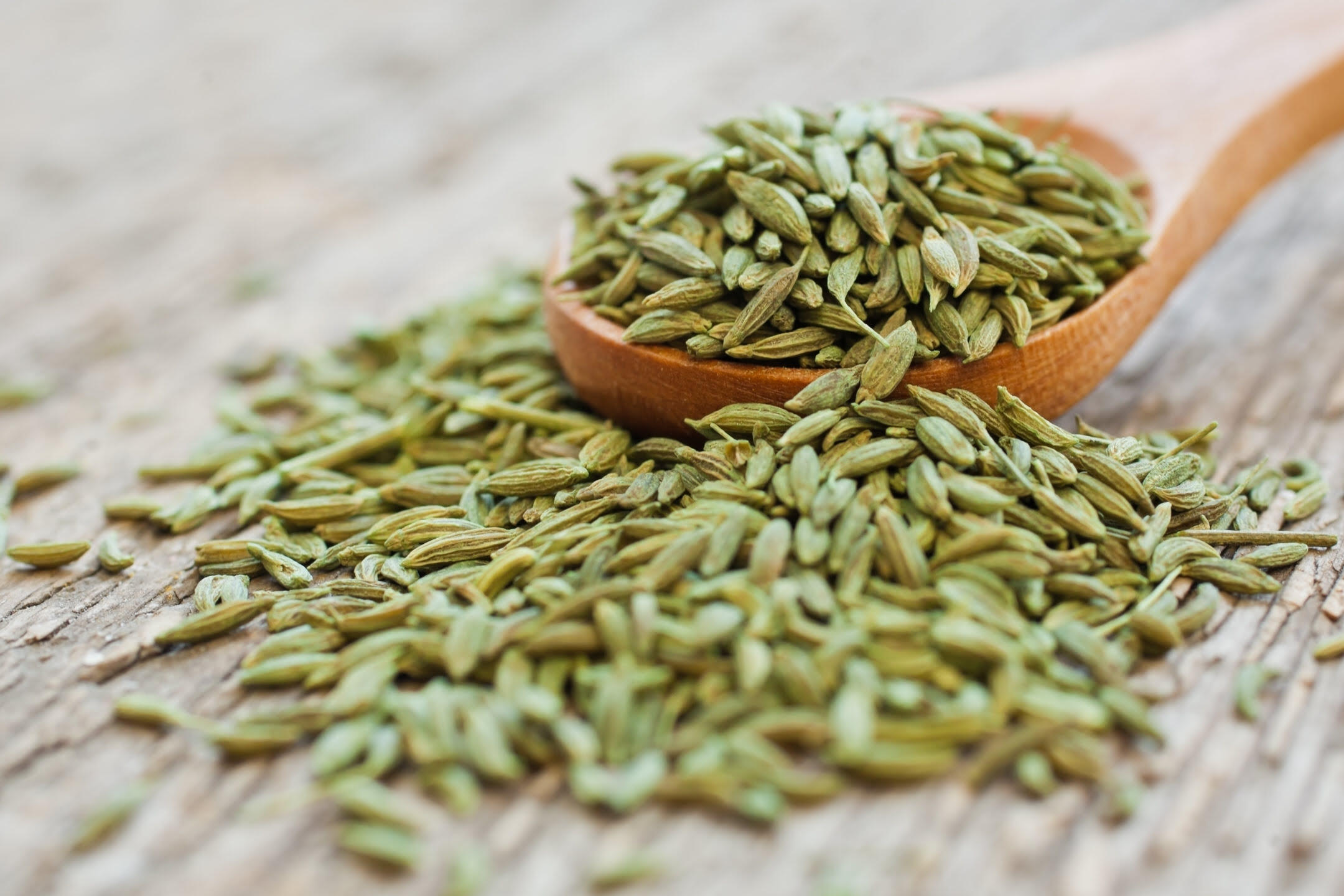
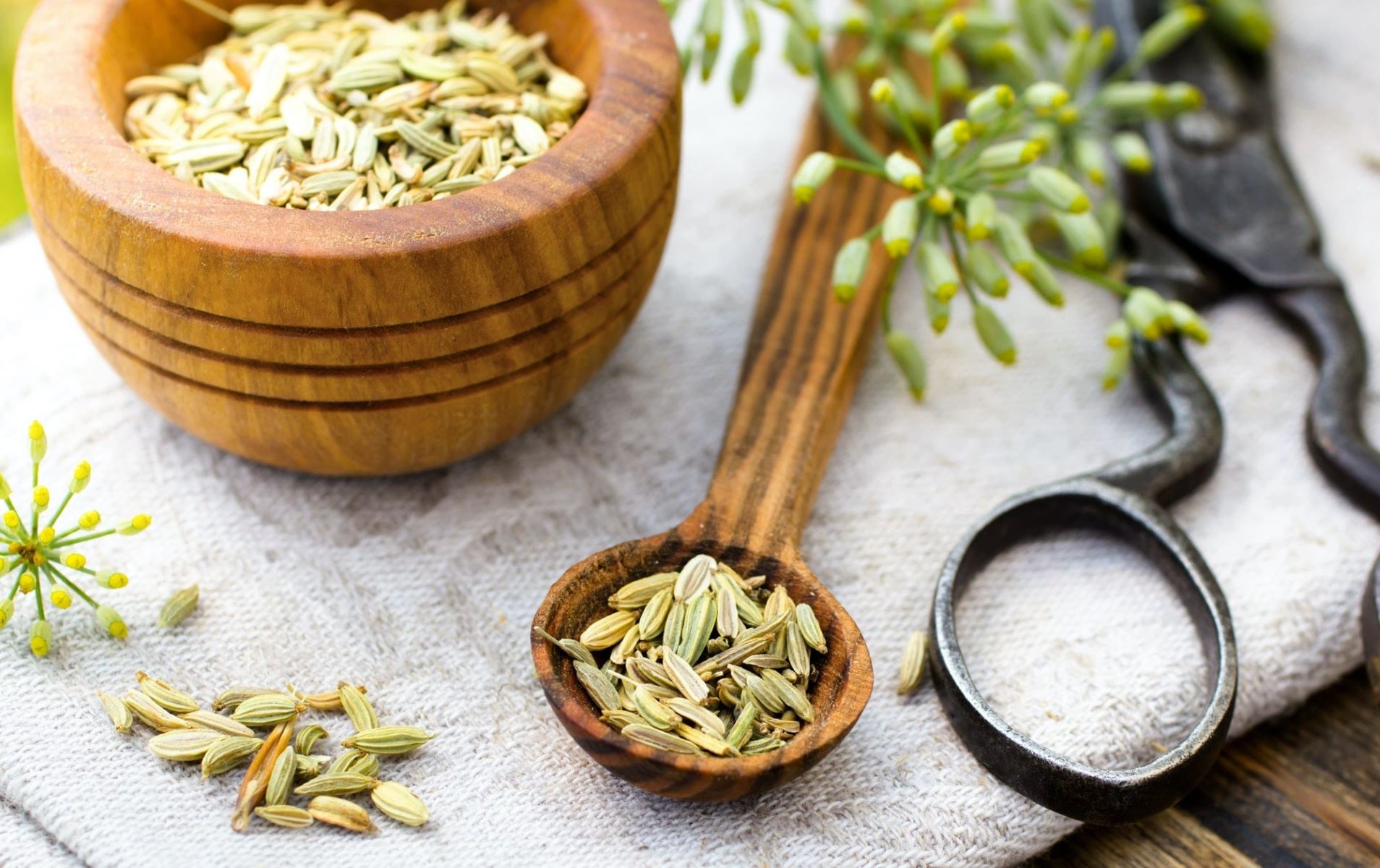
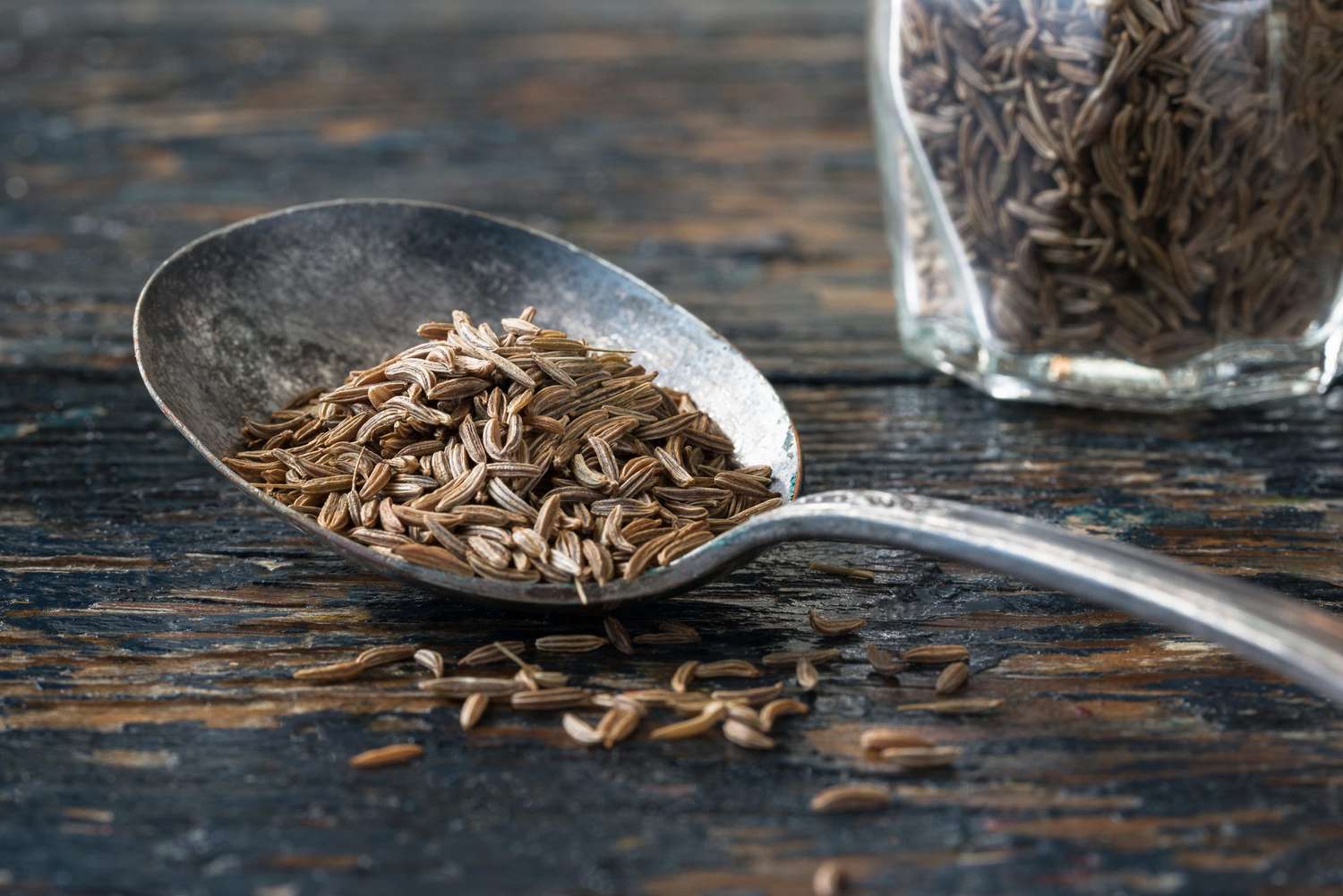
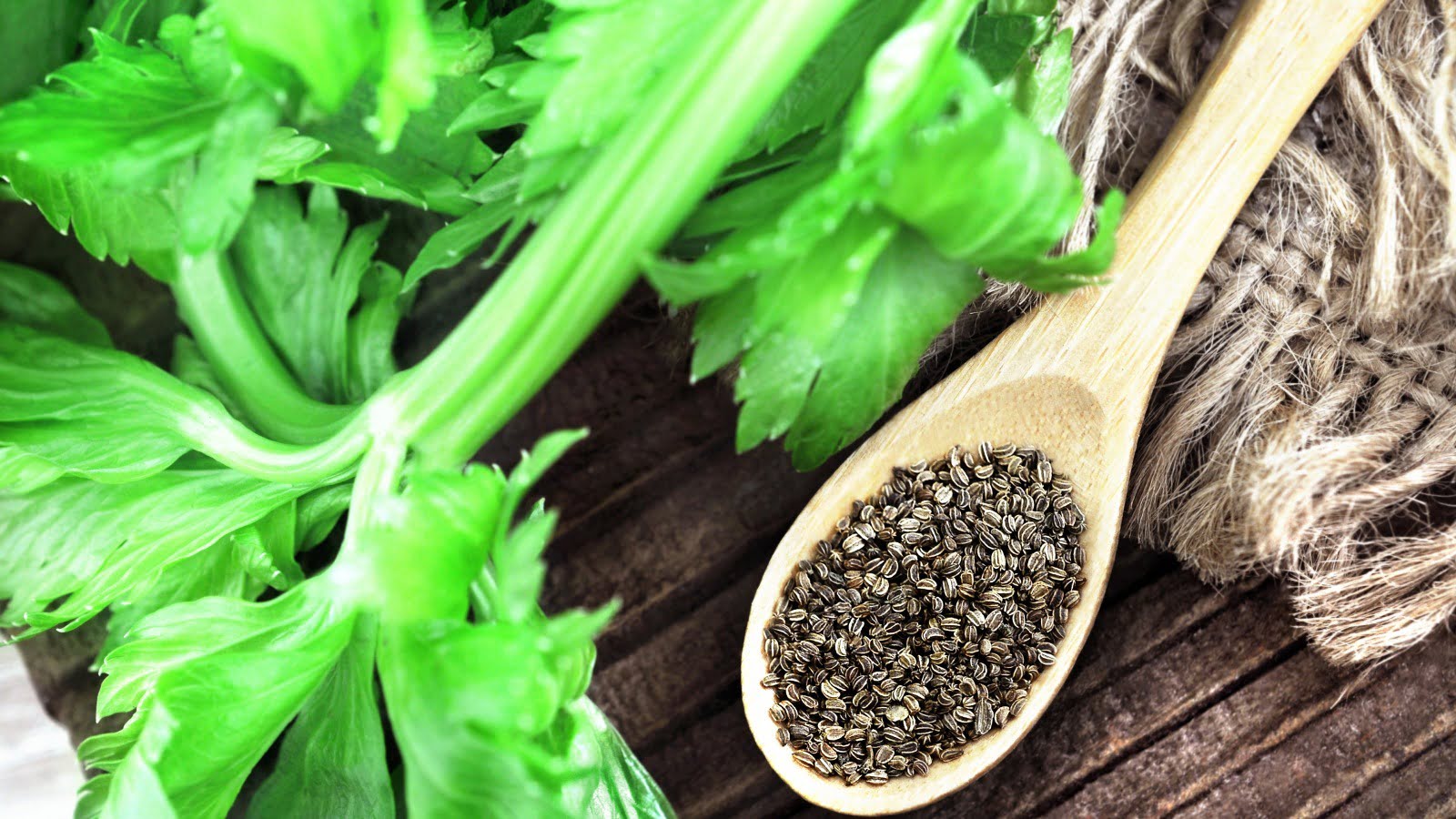
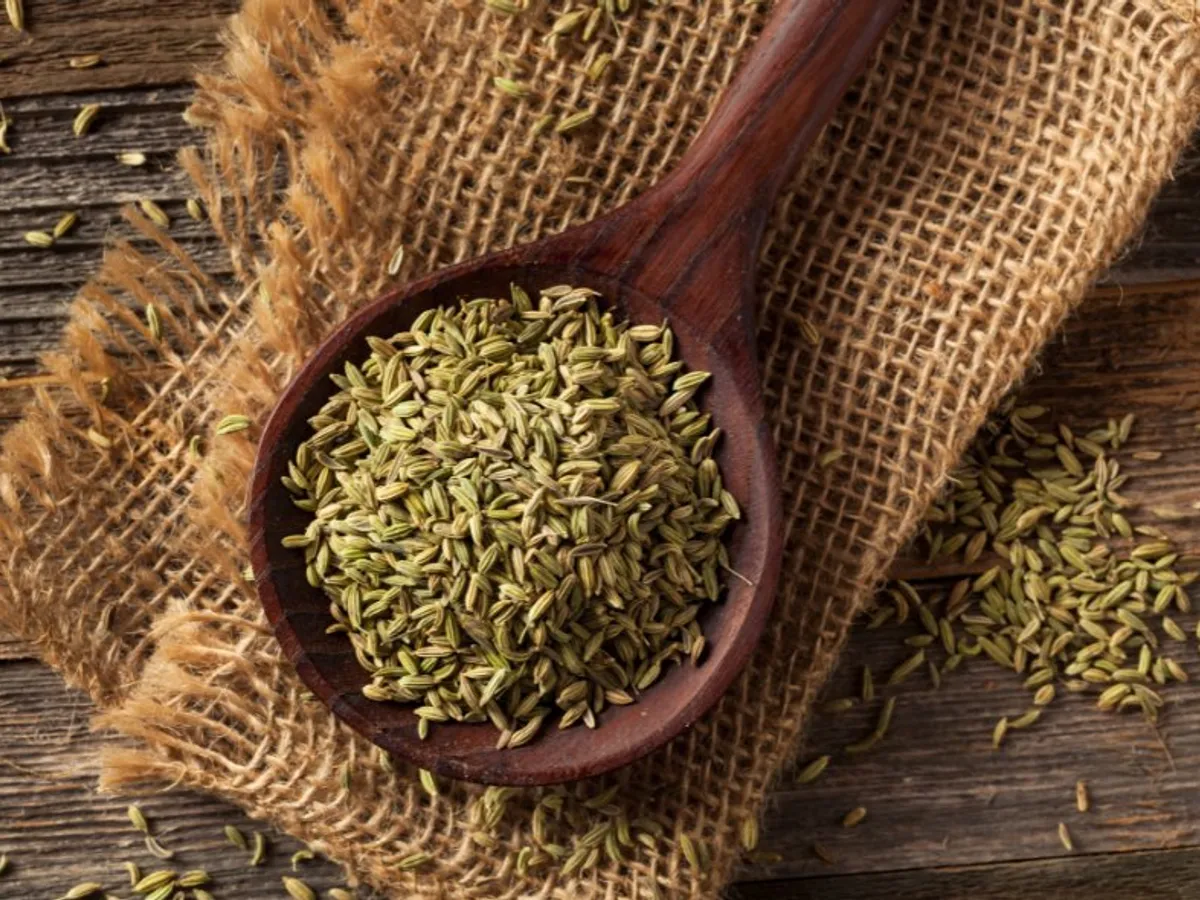
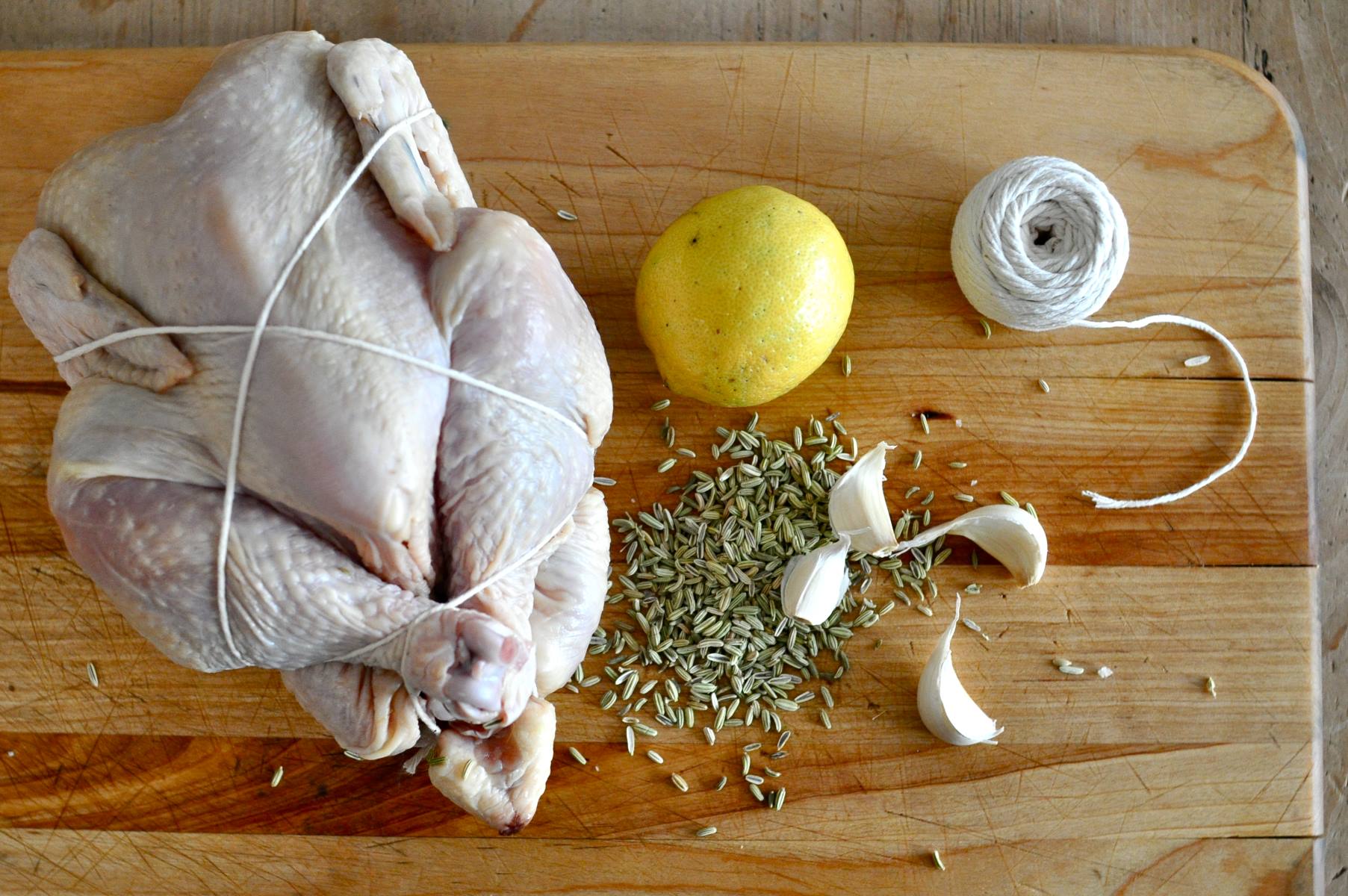
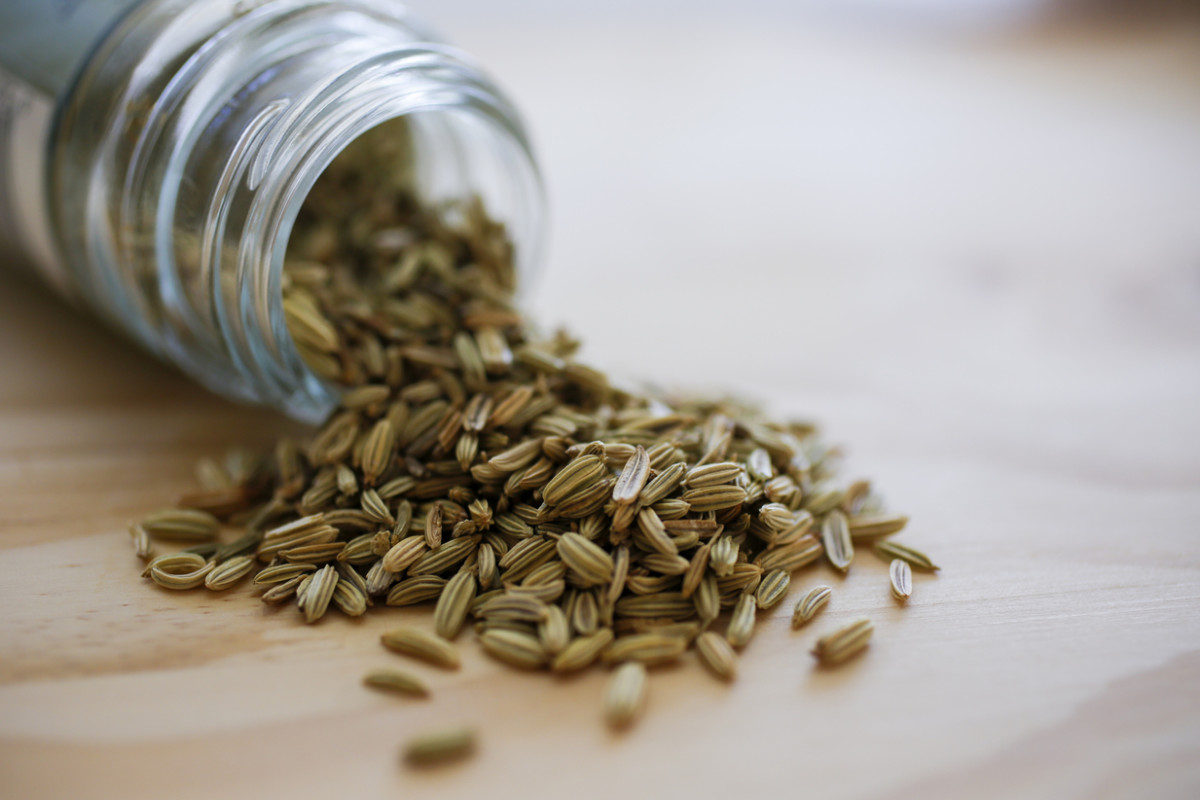
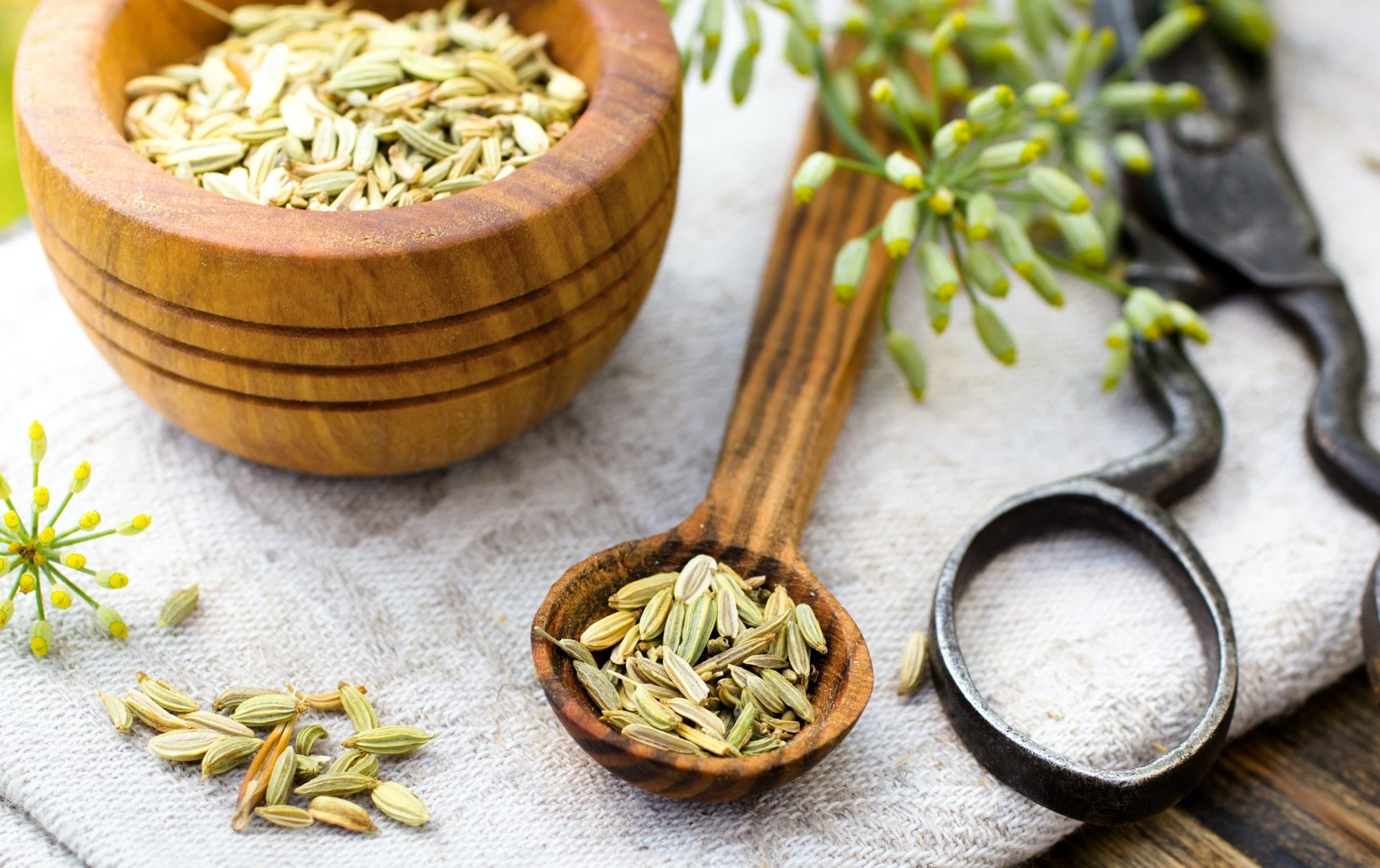
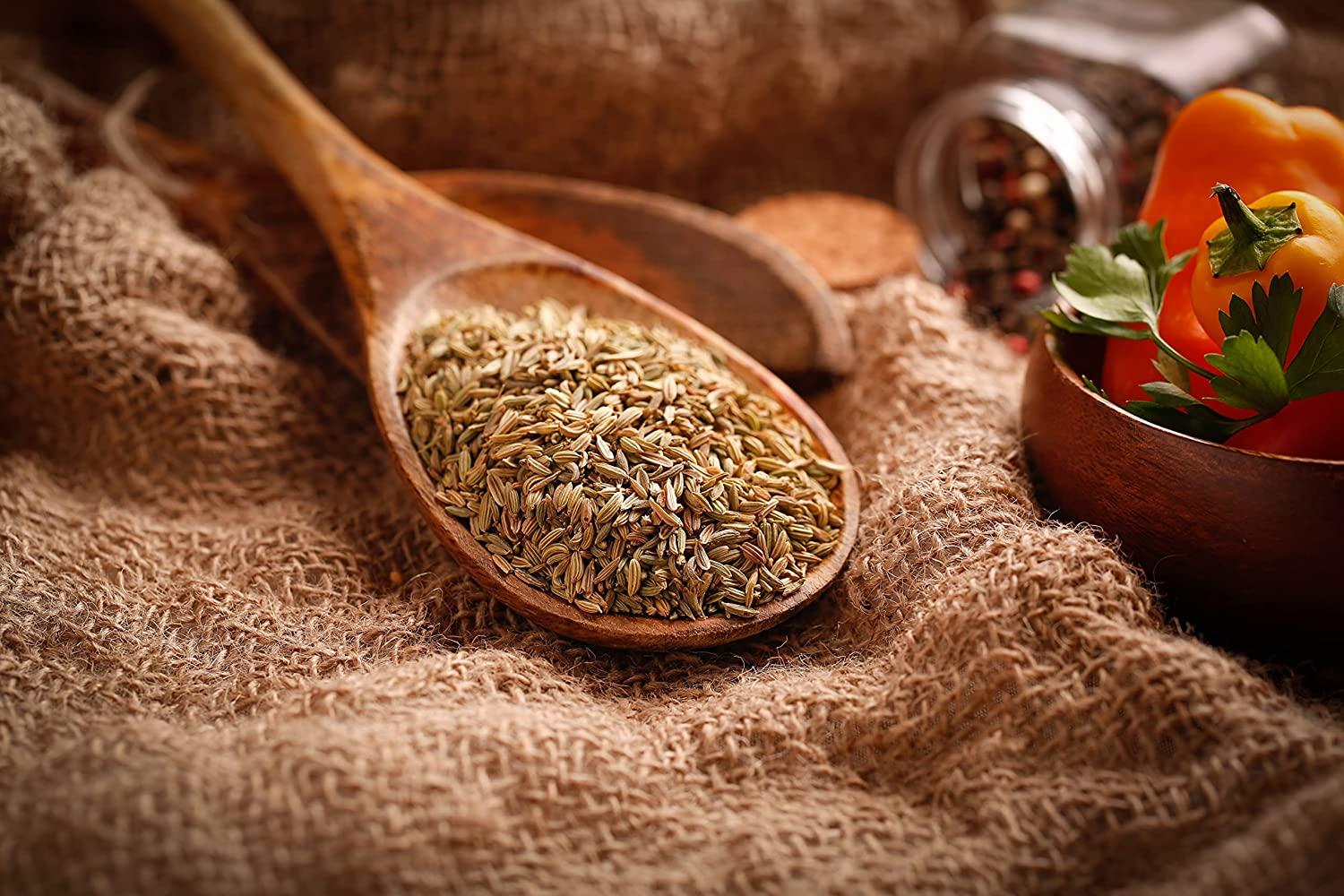
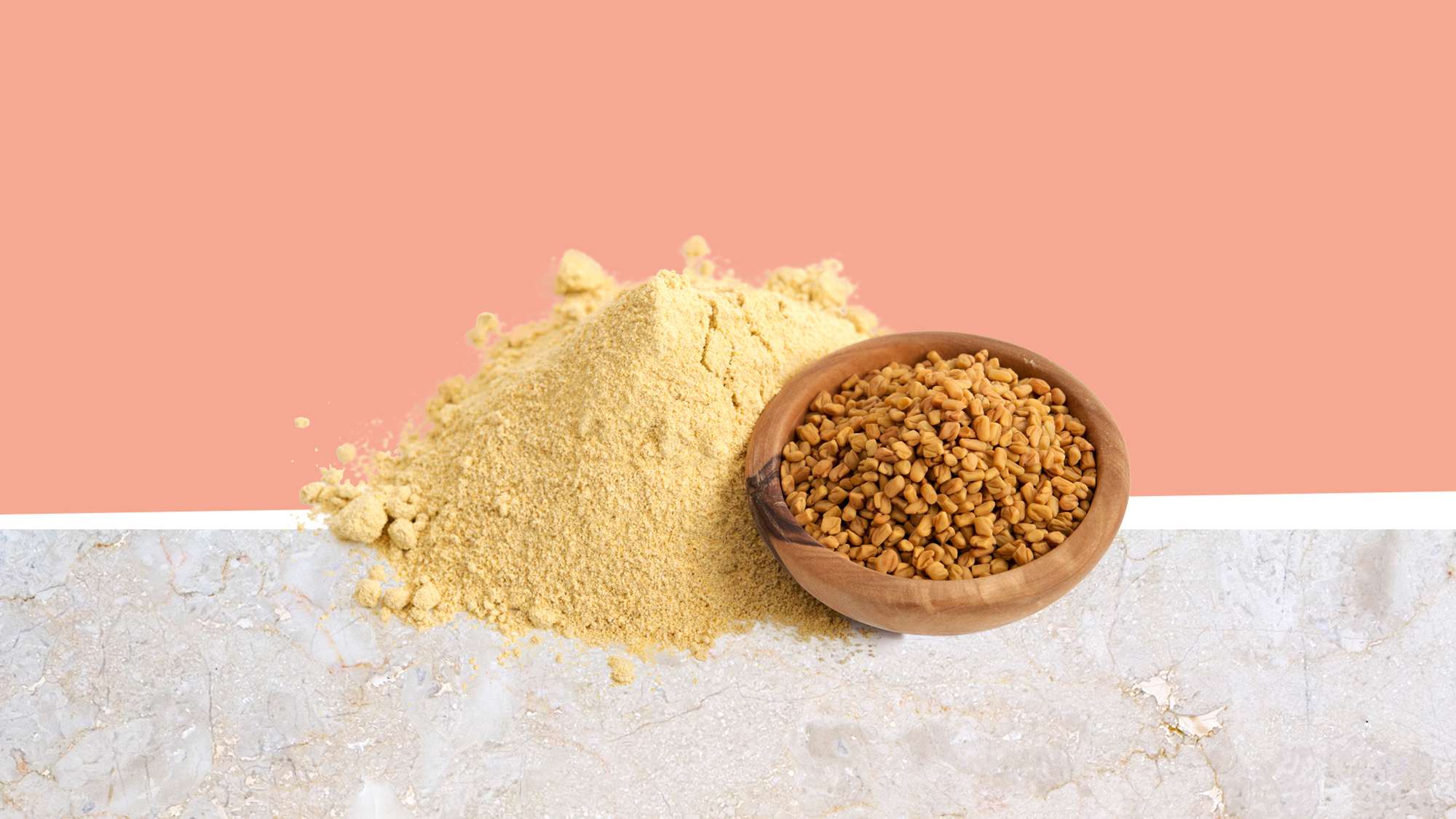
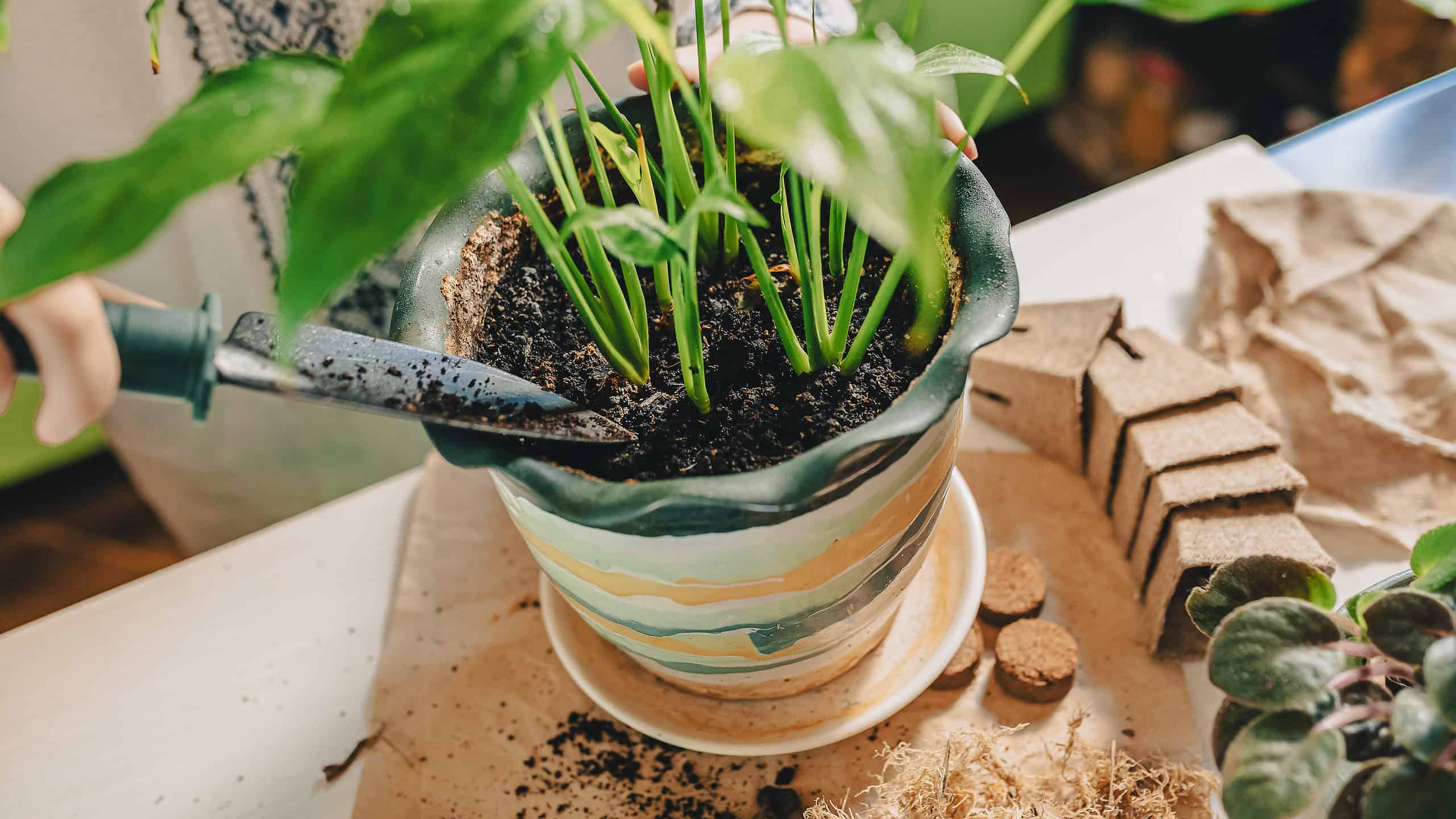
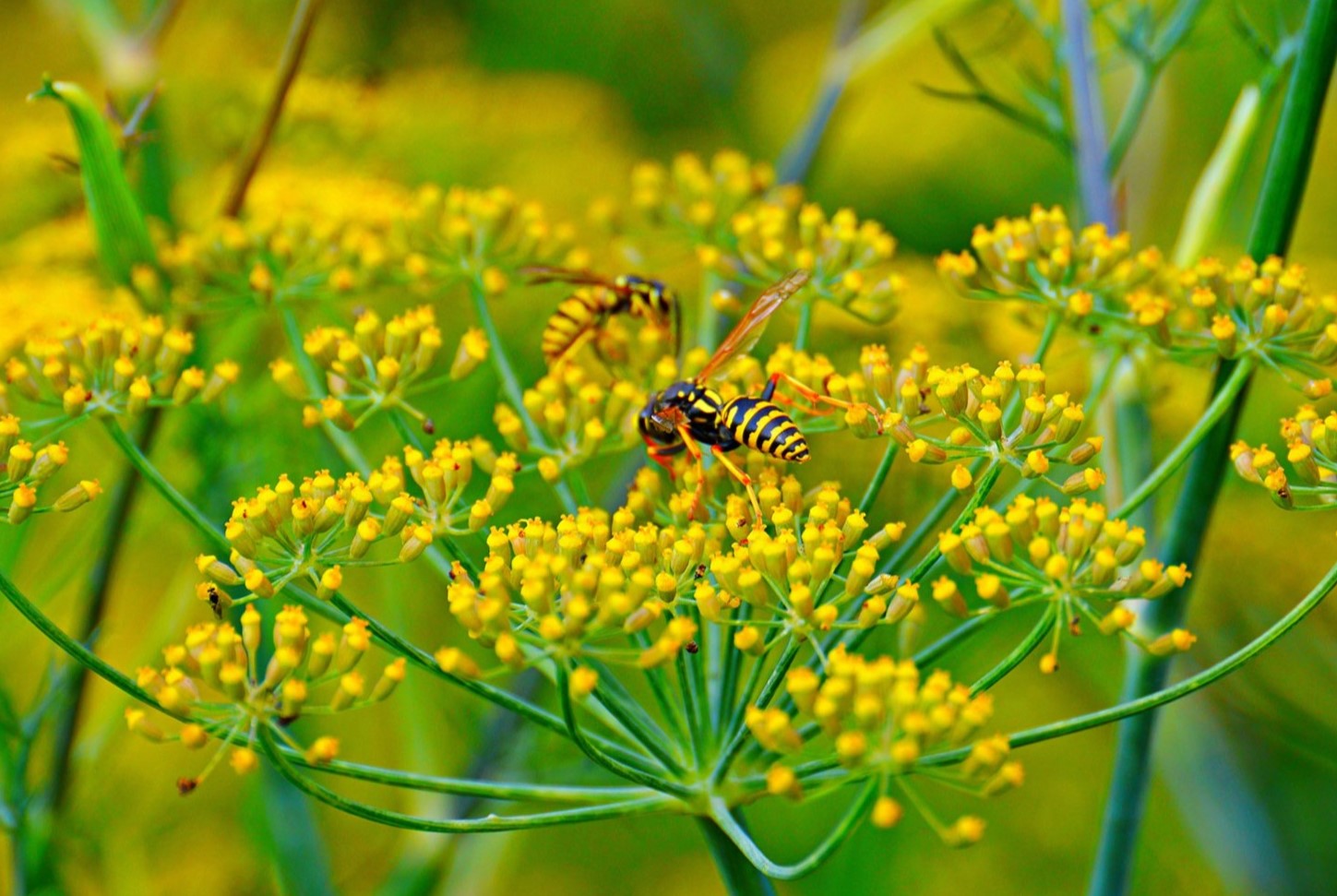

0 thoughts on “What Do You Use Fennel Seed For”